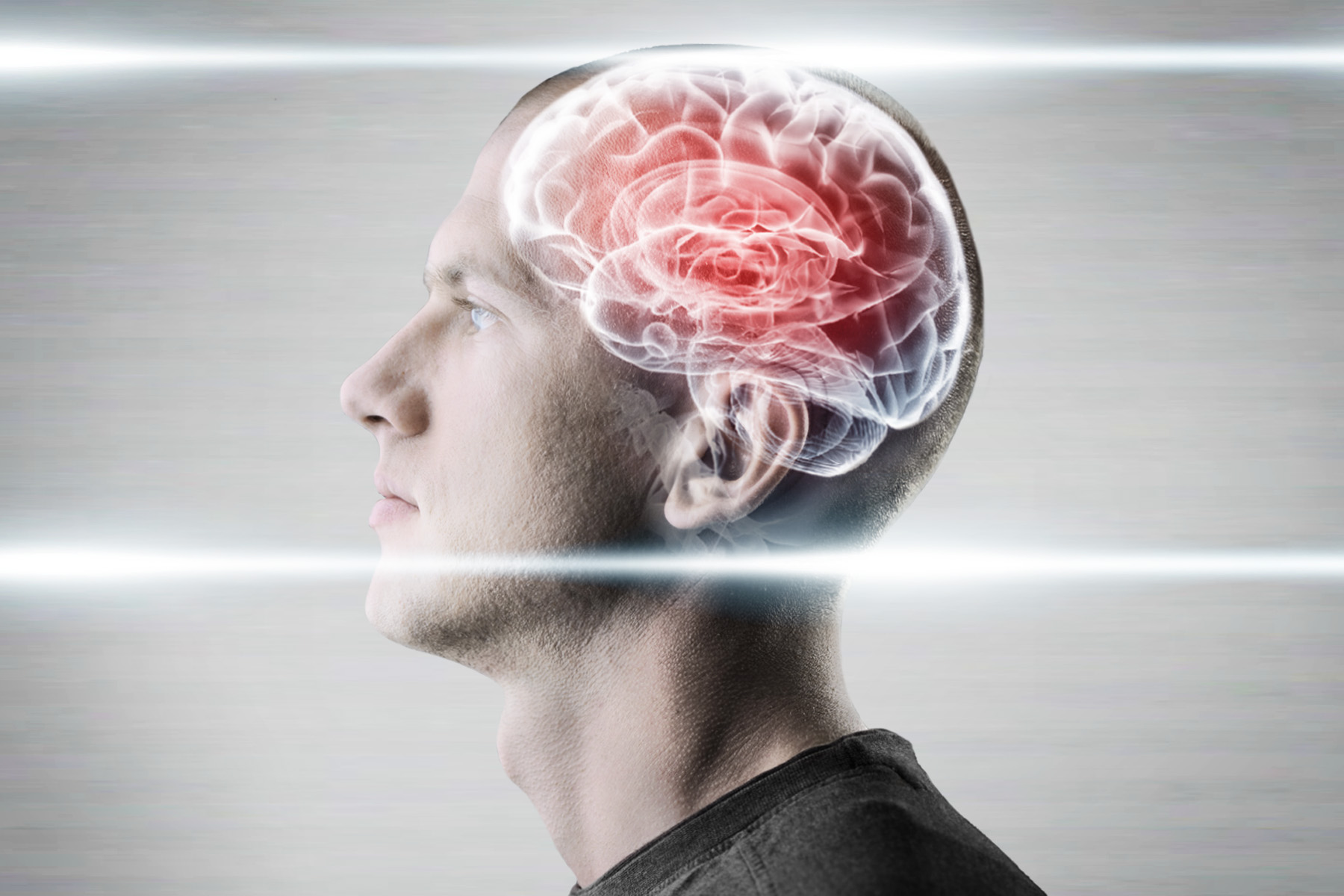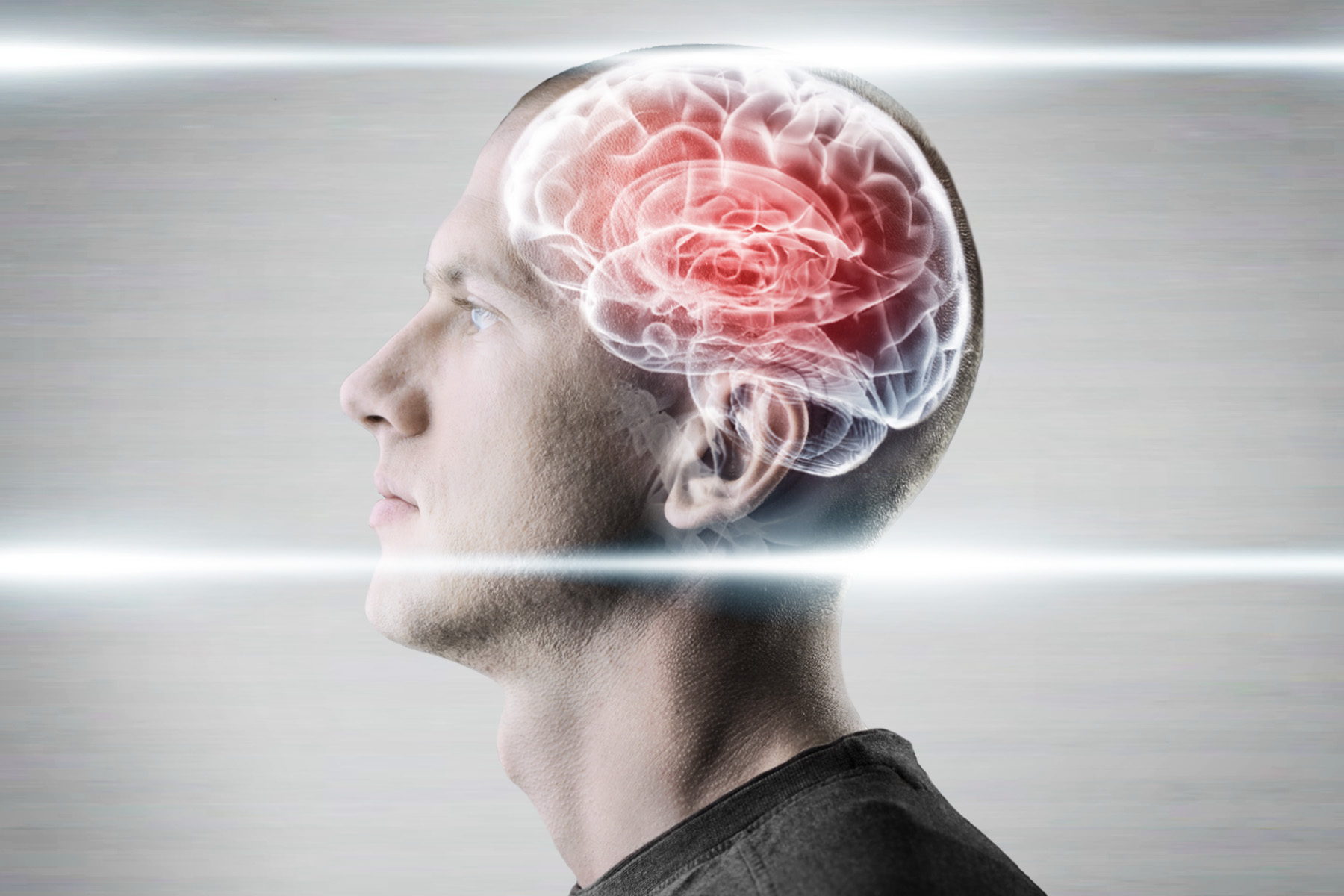Stimulants: Injury to the Brain and Mind
Brain

Abused stimulants are toxic to the brain. Methamphetamine, for example, is a neurotoxin, or a toxin to the brain and nervous system. It is known to damage the parts of the brain associated with Parkinson disease, depression and anxiety.
A report from the Royal Perth Hospital in Australia, those being admitted to the emergency room frequently suffered from brain hemorrhage, or a condition called hypertensive encephalopathy—a sudden elevation in arterial blood pressure that causes severe headache followed by convulsions and coma.
Cases of Brain Injury
In 2011, a 31-year-old German woman died from the effects of amphetamine abuse on her nervous system. The covering of her nerves was destroyed by her drug use, resulting in multi-organ failure.
In 2004, the New York Times published the results of brain scans of those who had abused methamphetamine for years. One of the doctors reviewing the scans said, “We expected some brain changes but didn’t expect so much tissue to be destroyed.” Different areas of the brain lost between 8% and 11% of its tissue. By and large, the people whose brains were scanned were depressed, anxious and unable to concentrate. Many scored poorly on memory tests.
Mind

On high school and college campuses around the country, the stimulants that are prescribed for treatment of ADHD are thought to help students study for tests, prepare papers and pass final exams. But the abuse of stimulants may be accompanied by a long list of undesirable mental effects. News reports such as one from CNN in 2011 indicate that as much as 30% of college students have abused this drug. Among upperclassmen in fraternities or sororities, the number was much higher. But these drugs are addictive and physically harmful when abused. The abuse of ADHD prescriptions can result in severe mental symptoms that include hallucinations, paranoia, euphoria and delusions.
The severe mental effects associated with the abuse of street methamphetamine are also well known. In a 2006 report, doctors from the Mayo Clinic described the paranoia, psychosis, delusions and suicidality that can accompany heavy methamphetamine abuse. A study of a thousand previous methamphetamine users found that 40% of men and 46% of women had experienced difficulty controlling their violent outbursts when they were using meth.
The abuse of Ecstasy has been involved in a greatly increased rate of suicide attempts. As published on the National Institutes of Health website, those adolescents who had ever abused Ecstasy had rates of attempted suicide twice that of other youth who had abused different drugs, and nine times the rate of youth who had used no drugs at all.
Even khat abuse has resulted in psychosis similar to that of the abuse of amphetamine. Users have suffered anxiety, aggression and hallucination that may build to a short-lived period of schizophrenia, violence, paranoia, mania or suicide.
Cases of Mental Injury
A 16-year-old boy abused methylphenidate (Ritalin) for two years, snorting the drug every day. He was finally admitted to a hospital in a depressed and suicidal state.
A 15-year old boy had been abusing methylphenidate for just two weeks when he began to suffer paranoia, depression and suicidal thoughts.
As reported by ABC News, the parents of Kyle Craig said that his Adderall abuse led to the deterioration that ended in his suicide in 2009. Kyle was high-achieving student in a fraternity at Vanderbilt University.
One 23-year-old woman arrived at a hospital to inquire about her boyfriend who had just been burned in a meth cooking explosion. She had been smoking crystal meth in the prior week and not sleeping. She was agitated, paranoid, suicidal, frantic, and delusional about the bugs she thought were crawling under her skin. These are common conditions for individuals who are heavily addicted to methamphetamine.
A 37-year-old man in London who had been a heavy abuser of Ecstasy sought medical help when he began to suffer extreme memory problems, paranoia, hallucinations, physical collapse and depression. These effects did not alleviate even after he stayed away from the drug for several months.
Suicide is another adverse mental effect caused by the abuse of stimulants. Find out about this risk on the next page.
Resources:
- http://facweb.northseattle.edu/lchaffee/PSY100/Journal%20Articles/Lineberry%20et%20al%202006.pdf
- http://www.hindawi.com/crim/pathology/2011/514613/
- http://www.ncbi.nlm.nih.gov/pubmed/721056
- http://www.amphetamines.org/braindamage.html
- http://www.cnn.com/2011/09/01/health/drugs-adderall-concentration/index.html
- http://www.psychiatrist.com/pcc/pccpdf/v02n05/v02n0502.pdf
- http://apt.rcpsych.org/content/9/6/456.full
- http://abcnews.go.com/Health/MindMoodNews/adderall-psychosis-suicide-college-students-abuse-study-drug/story?id=12066619
- http://facweb.northseattle.edu/lchaffee/PSY100/Journal%20Articles/Lineberry%20et%20al%202006.pdf
- http://www.ncbi.nlm.nih.gov/pmc/articles/PMC3152632/
- http://www.theguardian.com/society/2006/apr/04/drugsandalcohol.drugs1
